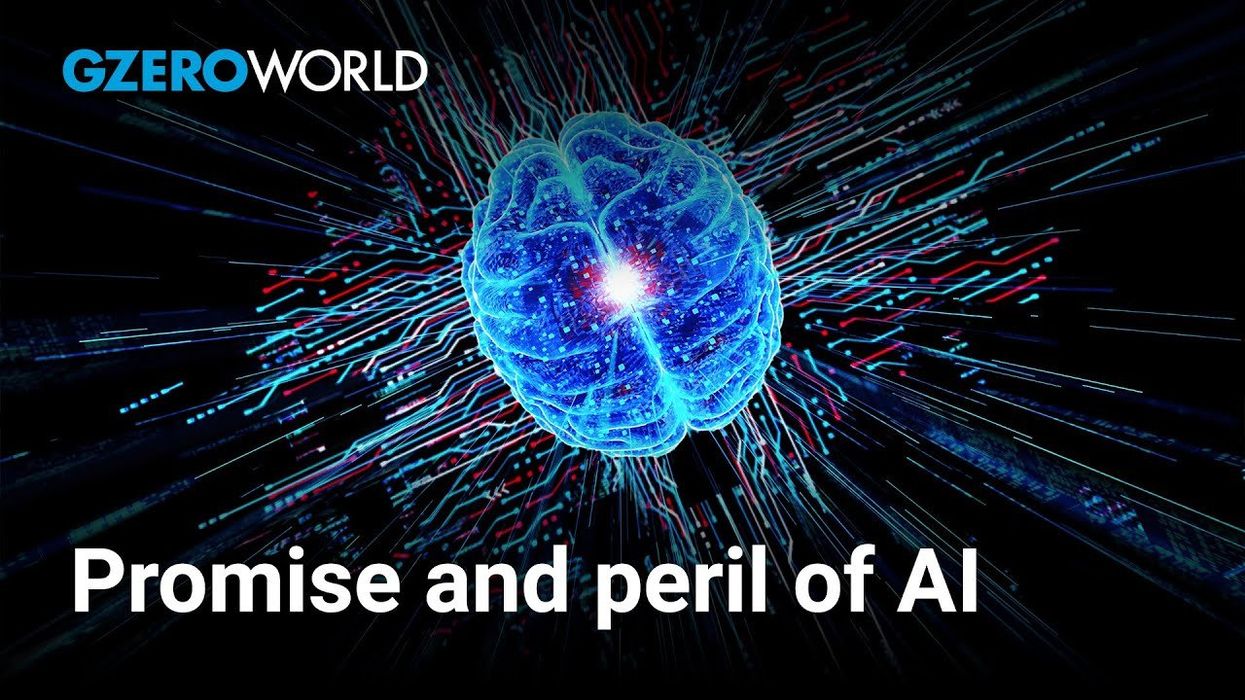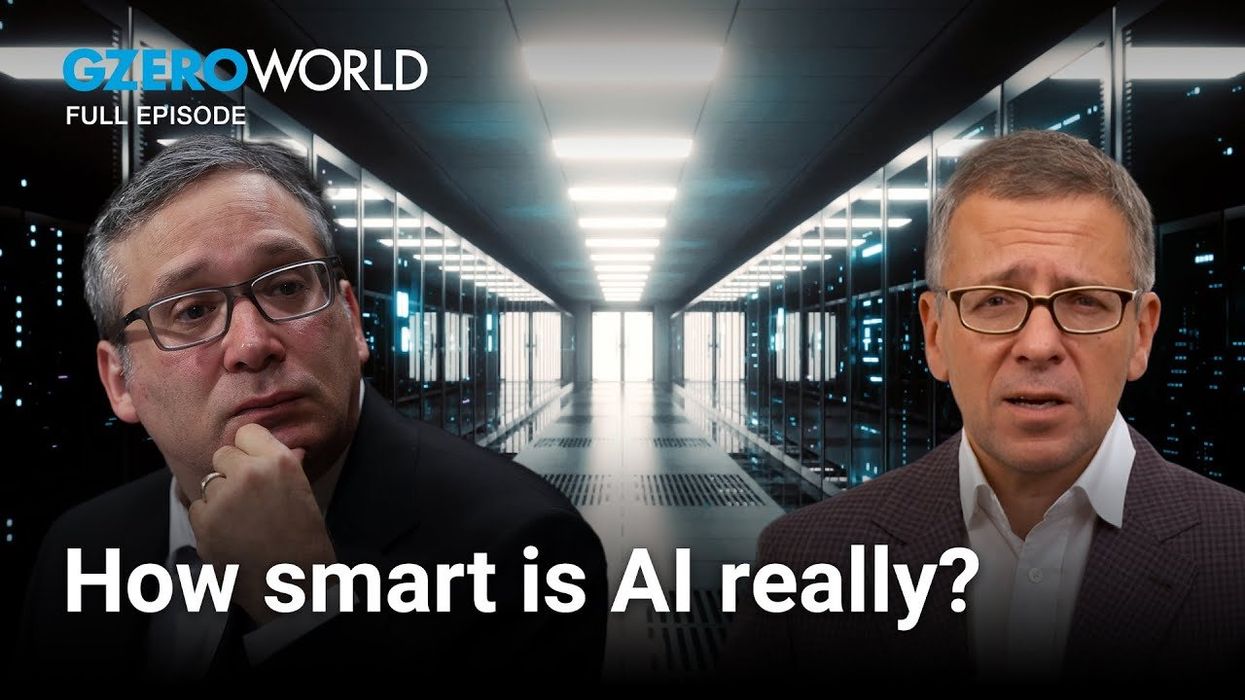GZERO World Clips
Artificial intelligence: How soon will we see meaningful progress?
The field of artificial intelligence has exploded in the last year. Generative AI tools like ChatGPT are now used by hundreds of millions of people around the world for everything from writing college term papers to computer code. On GZERO World with Ian Bremmer, cognitive scientist and AI researcher Gary Marcus discussed AI’s exponential growth and where the biggest advancements might be in the next few years. One word stands out: uncertainty.
Sep 12, 2023



